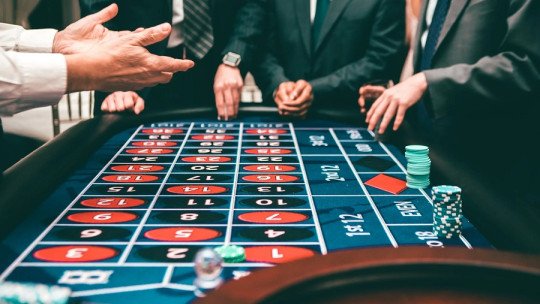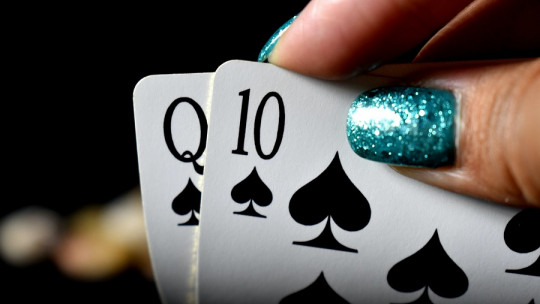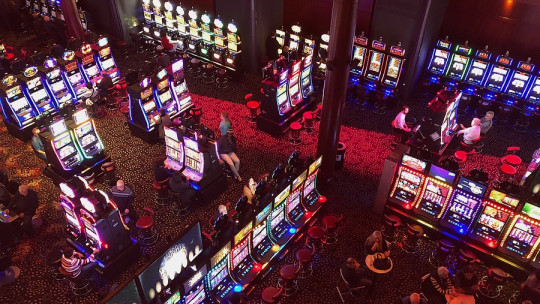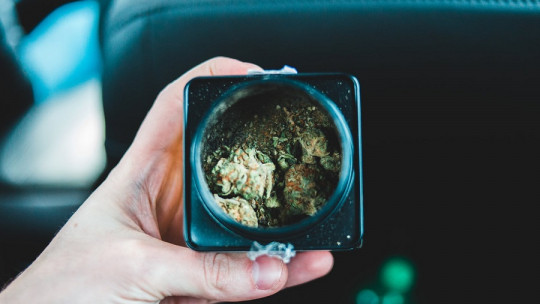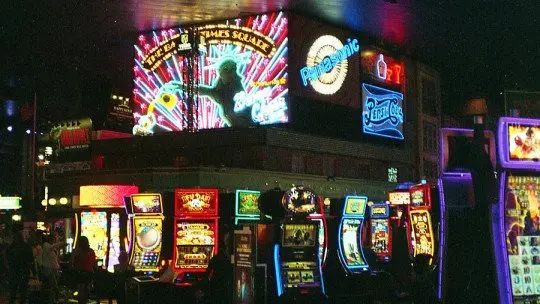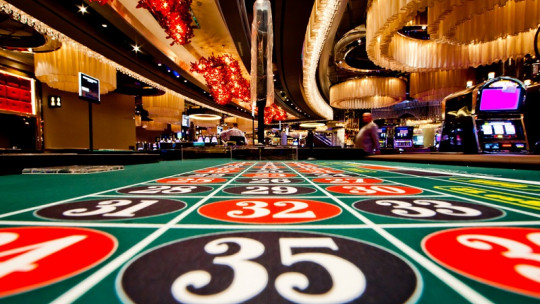For the addict, stopping using is not a mere matter of will. When a person consumes a psychoactive substance or carries out a behavior that he or she finds addictive—such as playing casino slot machines, compulsive shopping, or spending weeks playing video games—there is a set of structures that are being activated in their central nervous system, all related to the reward circuit. There is a neurobiological substrate that anchors addicted people to continue using.
However, this does not mean that it is not possible to recover from addiction. Scientific evidence and clinical experience demonstrate, time and time again, that reducing the consumption of a substance but not abandoning it completely is usually a formula that leads to remaining addicted. The best way to recover from addiction is to start with detox , accompanied by treatment with a group of professionals and a support network that helps sustain this state of abstinence. In this article, we will develop the biological basis of addictions and why, although the detoxification process is difficult and uncomfortable at times, it is the best alternative to recovery.
Addiction: why does someone continue using even knowing its consequences?
The paradox that knots the problem of addictions is the following: Why does a person continue using even knowing how harmful it is for him or her and for his or her loved ones? The answer is because the addict’s central nervous system was affected by sustained consumption over time.
The reward circuit
To understand this in greater depth, we can start by understanding the activation of our brain’s reward circuit. The reward circuit is a network of connections between neurons located in different areas of the brain , mainly the nucleus accumbens, the ventral tegmental area and the prefrontal cortex. The function of the reward system is, through the release of a neurotransmitter called dopamine, to generate an experience of pleasure after consuming a substance or doing an activity that the brain perceives as necessary for survival. Related to this, when we eat, bond with other people or have sex we are activating the reward circuit. The ultimate purpose of this experience of pleasure is to seal a tendency to repeat that behavior from which such gratification was obtained. We could say that there is a trace left in our memory about that action that was so pleasant that we repeat it. Another neurotransmitter intervenes here, glutamate.
However, the problem is that toxic substances or problematic behaviors activate this reward mechanism as if they were necessary for survival. In fact, some even generate greater pleasure than truly necessary stimuli. As described by Italian pharmacology professor Di Chiara and colleagues, Certain studies indicate that the increase in dopamine in the brain after consuming amphetamines is ten times greater than that of a plate of food As if that were not enough, the generation of so much dopamine causes the nervous system to adapt in the long term to maintain balance in the face of this avalanche of stimuli.
The development of tolerance
Now, when the person consumes again in order to obtain that sensation of pleasure again and again, the dopamine neurotransmitter receptors become saturated and subsequently adapt. This leads to what is called tolerance: with the same amount of a substance it is no longer possible to obtain the same amount of pleasure, but rather it is necessary to consume much more to experience that sensation.
It is for this reason that, from the beginning, we propose that overcoming an addiction is not a matter of will: There is a mechanism underneath that generates a tendency to continue consuming, increasingly more frequently and in greater quantities In addition, the prefrontal cortex is affected, making impulse control and inhibition difficult. Addiction can be extremely enslaving for this reason, causing a neglect of multiple vital areas—friendships, work, leisure, family—since what governs behavior is the insatiable search for the substance.
Detoxification: the way to get out of the cycle
The alternative to abandoning consumption is detoxification. When a person stops using and refrains from trying the substance to which he is addicted, he will most likely experience anxiety and will find himself in a general state of discomfort. For this reason, it is crucial that the detoxification process is supervised by a team of professionals. In some cases, Other drugs are usually given to alleviate withdrawal symptoms or the person is encouraged to participate in group treatment to support them.
Many people during treatment report feeling bored, or believe that life was more fun when they had unrestricted access to the drug. However, let us remember that this assessment is biased by the emotions involved when you stop using. Also influencing is the fact that the person was accustomed to such intense stimuli, to the release of dopamine at such rates, that other potentially pleasurable activities hardly arouse interest.
However, if you manage to maintain this abstemious state, the person will inevitably begin to consider that other activities can also be pleasurable and, furthermore, can be full of meaning. Detoxification allows the person to observe that their children are better when he or she does not consume, that they have more time to spend with their parents, that they enjoy walking in the sunlight, sitting down to read a book or practicing an instrument. Ultimately, it is in a life without consumption that desires, motivations and purposes that remained veiled by the substance emerge. Some theorists interpret the term “addict” by its Latin root “addictus” (a-dictus), that is, “without a word.” Consumption blocks the expression of the subject During the detoxification process, however, the person’s word and the manifestation of his or her needs appear. Although it is not easy, life without drugs or addictive behaviors is possible; Approaching a health center to begin detoxification is the first step.


